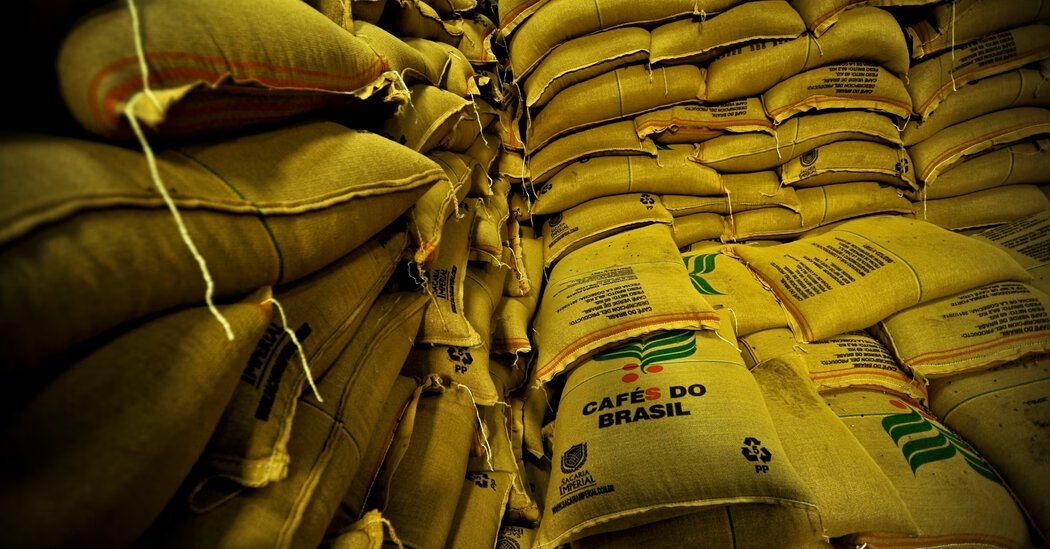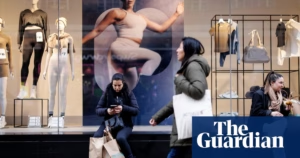Big companies selling coffee in the United States, like Starbucks and Nestle, are facing a new problem. On Thursday, a group called Coffee Watch asked the government to stop coffee imports from Brazil. They claim that this coffee is made with forced labor, which is like modern-day slavery. The petition was sent to Customs and Border Protection and points out these companies for using possibly tainted sources. The founder of Coffee Watch, Etelle Higonnet, says that this is not about a few bad workers but a deep problem that traps millions in poverty and thousands in actual slavery.
This request came after another group, International Rights Advocates, sued Starbucks. They filed this lawsuit on behalf of eight Brazilians who were forced to work in “slave-like conditions.” These workers were tricked by labor brokers, known as “gatos” or “cats,” into working to pay off loans for food and travel. They ended up in debt bondage, working in conditions similar to slavery.
Starbucks denied these claims, saying they are committed to getting their coffee in an ethical way. However, human rights groups, news organizations, and the U.S. government have reported similar problems with coffee farms in Brazil.
The petition to block imports aims to disrupt a part of the Brazilian coffee industry that uses trafficked workers. Coffee harvesting in Brazil, which was started with slavery, relies on these exploited workers. The Brazilian government has added four coffee producers to a slave labor blacklist after finding workers in conditions akin to slavery.
These workers often lack basic needs like running water and toilets, work long hours without proper equipment and do not receive their full wages. They fear retribution, facing death threats, and are often not allowed to leave the farms. The legal actions against Starbucks and others are based on records showing a persistent pattern of labor abuses throughout Brazil’s coffee sector. This system is supported by foreign corporations and American consumers who may not realize the origin of their coffee.
Source: https://www.nytimes.com/2025/04/24/world/americas/brazil-coffee-slave-labor.html




